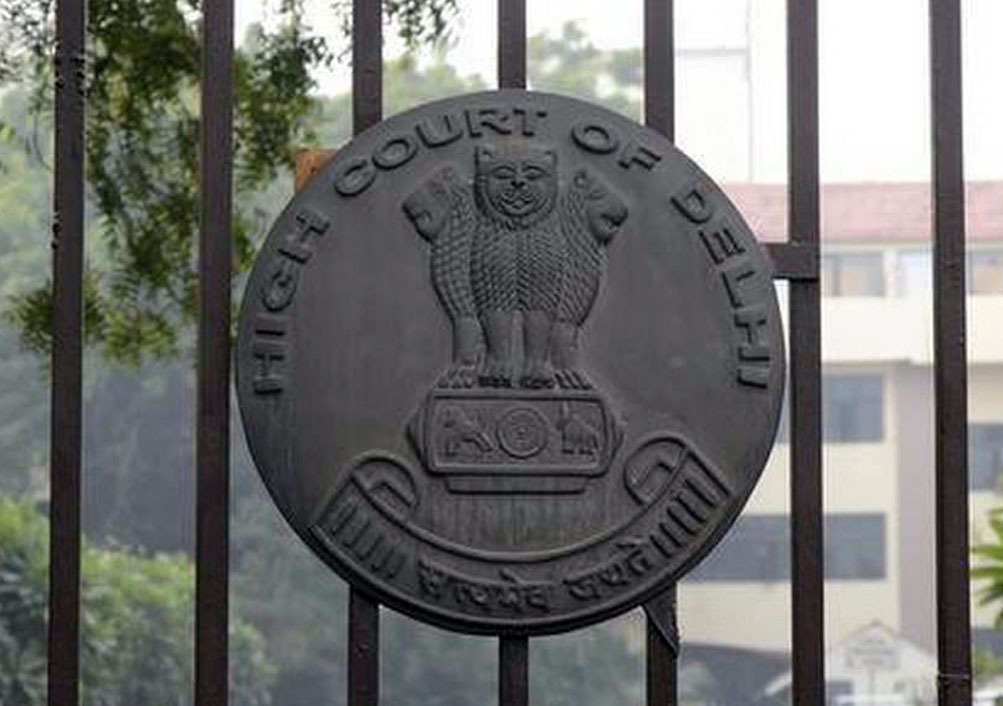In CRL.M.C. 5049/2014-DEL HC- No sentence passed by Special Judge shall be reversed or altered by Court in appeal on ground of absence of or any error in sanction required u/s 19(1) of Prevention of Corruption Act, unless failure of justice has been occasioned: Delhi HC Justice Chandra Dhari Singh [10-06-2022]

Read Order: DEVENDRA GUPTA Vs. CBI
Mansimran Kaur
New Delhi, June 14, 2022: While dismissing a petition filed u/s 482 of CrPC r/w Article 227 of the Constitution through which the petitioner was seeking to set aside the order passed by the Special Judge, the Delhi High Court has referred to Section 19(3) of the PC Act as well as in Section 465 of the CrPC and opined that any error, omission or irregularity in the grant of sanction will not affect any finding, sentence or order passed by a competent Court unless in the opinion of the court a failure of justice has been occasioned.
Making a reference to Section 19 of the PC Act which deals with Sanction For Prosecution and Other Miscellaneous Provisions, a Single bench of Justice Chandra Dhari Singh observed that in spite of anything contained in the Cr.P.C., no finding, sentence and order passed by the Special Judge shall be reversed or altered by a Court in appeal, confirmation or revision on the ground of the absence of, or any error, omission or irregularity in the sanction required under sub-Section (1), unless in the opinion of that Court a failure of justice has in fact been occasioned thereby. It was further observed by the Court that the phrase “failure of justice” is too pliable or facile an expression, which could be fitted in any situation of a case.
Factual background of the case was such that the petitioner in the instant case was a public servant who was arraigned as an accused under Section 13 (2) read with Section 13 (1) (d) and 13 (1) (e) of the Prevention of Corruption Act, 1988. The Special Judge through an order had framed charges against him under the aforesaid Sections for disproportionate assets of Rs 9,48,19,816.
The petitioner instituted an application before the Special Judge for dropping of the criminal proceedings pending against him on the ground that in the present case the sanction as required under Section 19 of the PC Act was not obtained by the Corporation, which is the competent authority, and thus the cognizance taken by the Special Judge and the proceedings initiated against the petitioner were without jurisdiction and void. However, this application was dismissed by the Special Judge and so, the present application was filed.
The Court took into account Section 95 (1) of the Delhi Municipal Corporation Act, 1957 . Subsequently, the question of law that was posed for consideration was whether a criminal prosecution ought to be interfered with by the High Courts at the instance of the accused who seeks midcourse relief from the criminal charges leveled against him on grounds of defects/omissions or errors in the order granting sanction to prosecute including errors of jurisdiction to grant such sanction.
If the discharge or exercise of the governmental function is prima facie founded on the bona fide judgment of the public servant, the requirement of sanction will be insisted upon so as to act as a filter to keep at bay any motivated, ill-founded and frivolous prosecution against the public servant, remarked the Bench. Additionally, the Court observed that the dividing line between an act in the discharge of official duty and an act that is not may , at times, get blurred thereby, that causes certain unjustified claims to be raised on behalf of the public servant. To prevent the misuse of the sanction, specific provisions are incorporated in Section 19(3) as well as in Section 465 of the Cr.P.C., noted the Court.
Coming back to the facts of the present case, the Court noted that the learned Special Judge, while examining the application filed by the petitioner for dropping of the criminal proceedings pending against him, had taken a correct view that the question of validity of sanction is also linked with the question whether invalid sanction has resulted in the failure of justice and so, the issue cannot be gone into during the trial unless the evidence is completely recorded.
In view of the aforesaid observations, the Court found that there was no illegality or error in the impugned judgment and there was reasonable ground for invoking the extraordinary jurisdiction under Section 482 of Cr.P.C. for the purpose of quashing the entire criminal proceedings.
Sign up for our weekly newsletter to stay up to date on our product, events featured blog, special offer and all of the exciting things that take place here at Legitquest.




Add a Comment